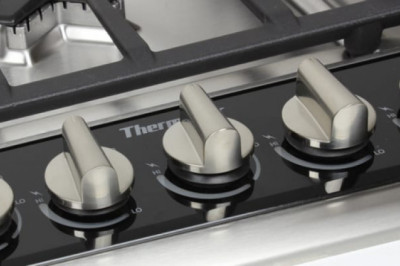views

Health Savings Accounts (HSAs) - 2021 - CPA Clinics
A health savings account (HSA) is a tax-exempt or custodial account set up with a qualified health savings account trustee to pay or reimburse certain medical expenses incurred by you, your spouse, and your qualified dependents. The medical expenses must not be reimbursable by insurance or other sources, and distributions from HSA funds will not give rise to a medical expense deduction on your tax return.
To be eligible, you must meet the following requirements.
If you are an eligible individual on the first day of the last month of your tax year (December 1 for most taxpayers), you are considered to be eligible for the entire year. Special rules apply if you do not remain an eligible individual during a full 12-month period. Exceptions apply in case of death or disability.
The health savings accounts cannot be joint accounts. You and your spouse must open a separate account. However, if only one has an account, the funds in that account can be used to pay for expenses incurred by the other spouse, as well as your other family members.
An HDHP can provide for preventive care benefits without a deductible or with a deductible below the minimum limit ($1,400 for 2021 self-only coverage and $2,800 for 2021 family coverage). Family HDHP coverage covers an eligible individual and at least one other person.
An HDHP can include a prescription plan as long as it does not provide benefits until the minimum annual deductible has been met.
Some family plans have deductibles for both the family as a whole and for individual family members. If either the deductible for the family as a whole, or the deductible for an individual family member, is below the minimum annual deductible for family coverage, the plan does not qualify as an HDHP.
Example: Joe has family health insurance coverage in 2021. The annual deductible for the family plan is $4,500. His plan also has an individual deductible of $2,000 for each family member. His plan does not qualify as an HDHP because the deductible for an individual family member is below the minimum annual deductible ($2,800) for family coverage.
You (and your spouse if holding family coverage) generally cannot have any other health coverage that is not an HDHP. You can still be eligible even if your spouse has non-HDHP coverage, provided you are not covered by that plan.
Contributions for a tax year must be made by the return due date (no extensions).
* Assumes only one spouse has an health savings account. See IRS Pub. 969, Health Savings Accounts and Other Tax-Favored Health Plans, if both spouses have separate HSAs.
If both you and your spouse are eligible individuals, and either spouse has family HDHP coverage, both spouses are treated as having family HDHP coverage. The total contribution limit for 2021 is $7,200 (if both spouses are under age 55), split equally unless you agree on a different allocation. Special rules apply if either spouse is over 55 or enrolled in Medicare.












